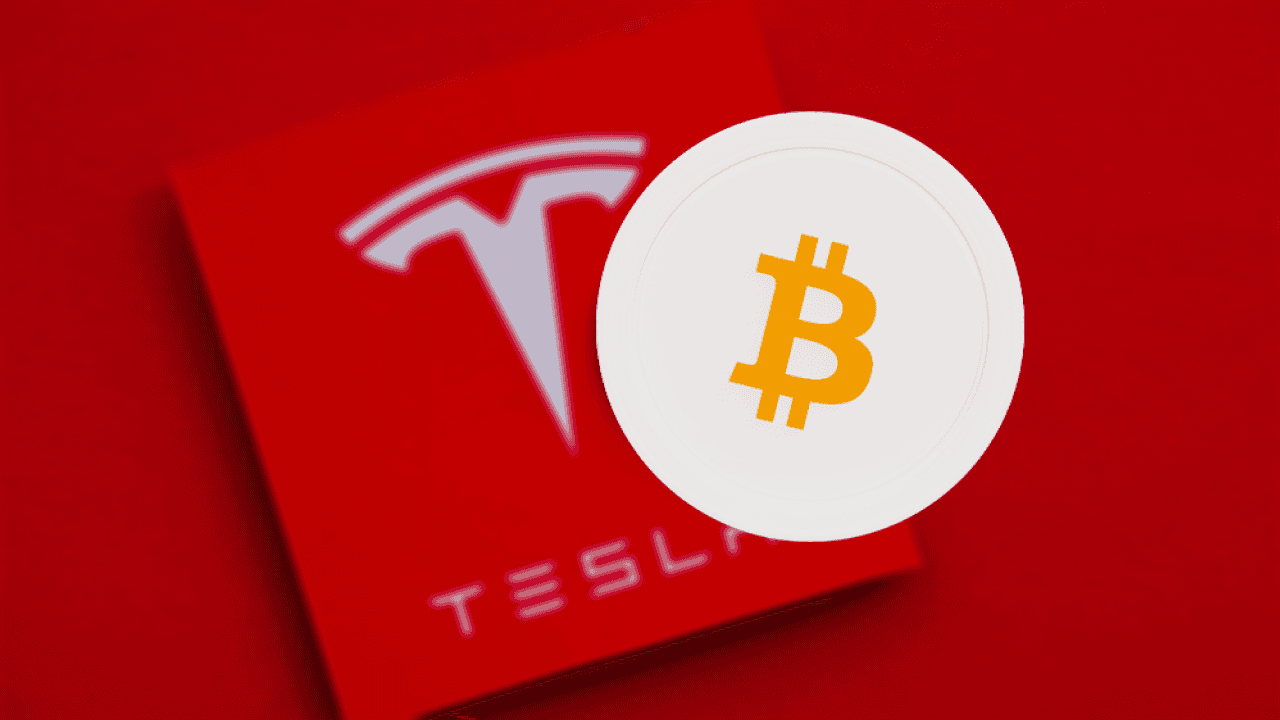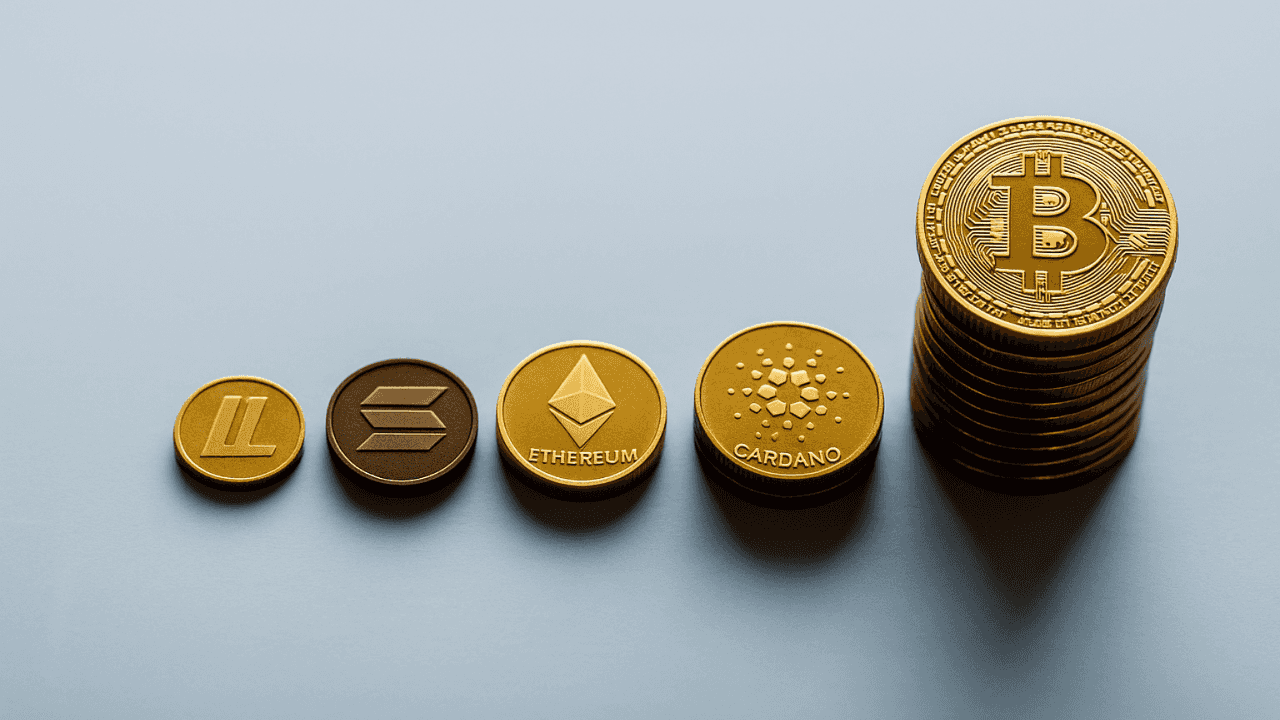
Standard Chartered has replaced Tesla with Bitcoin in its Mag 7B index, citing higher yield and lower volatility. Discover how cryptocurrency has entered the realm of elite assets.
The banking giant Standard Chartered has released a new report proposing a variation of the well-known “Magnificent Seven,” which includes seven major tech companies that dominate the global stock market. In this latest version, called “Mag 7B,” Tesla shares have been replaced by Bitcoin.
This approach evaluates whether cryptocurrency can be a viable alternative—if not a superior one—to one of the most iconic companies in the technology sector. Early results indicate that Bitcoin has provided higher returns with less volatility. Tesla is struggling due to the significant downturn it experienced following Donald Trump’s arrival in the White House.
Tesla shares and Bitcoin: what is the Mag 7B index and the information ratio
Substituting Bitcoin for Tesla shares in the Mag 7 index, which replicates the behavior of top global technology assets, creates what we can call the Mag 7B. This idea is not original; it comes from Standard Chartered, one of the leading banks in the UK. Interestingly, Geoffrey Kendrick, the bank’s Head of Digital Assets Research, stated that this new composition could generate returns approximately 5% higher from 2017 to the present while reducing average annual volatility by nearly 2%.
This claim is particularly evident when analysing the information ratio, which measures an asset’s extra return compared to a market benchmark about the volatility of its differential returns against a reference index. The information ratio helps evaluate an asset’s performance by comparing it to its associated risks.
Replacing Tesla shares with Bitcoin within the Mag 7 index yields a higher information ratio, suggesting better performance: 1.13 compared to 1.04. Kendrick’s decision to include Bitcoin instead of Tesla shares is based on the observation that Bitcoin behaves more like a tech stock than a traditional store of value. Consequently, it is more correlated to the Nasdaq 100—an index tracking the performance of the 100 most capitalised American tech companies—than gold.
Additionally, the data indicate that since January 2025, following Donald Trump’s assumption of the presidency, Bitcoin’s price performance has shown similarities to Nvidia’s, while Tesla’s seems to be more closely aligned with Ethereum’s in terms of volatility.
Will Bitcoin in institutional wallets become the norm?
The decision to include Bitcoin in the Mag 7B index at the expense of Tesla shares is more than just an academic exercise; it signifies a significant shift in the investment landscape. Various funds, including sovereign wealth funds, are increasingly exploring direct exposure to Bitcoin. BlackRock CEO Larry Fink has emphasised this trend over the past two years. With the recent launch of BlackRock’s Bitcoin ETF in Europe, the prospect of institutional investors allocating capital to Bitcoin has become even more tangible. Furthermore, Europe is home to many affluent savers considering investing in a new but undeniably solid asset.
In summary, Kendrick’s analysis extends beyond potential returns. The lower volatility that could be achieved by substituting Tesla shares with Bitcoin indicates that this cryptocurrency may help rebalance the overall risk of a technology-focused portfolio. The conclusion is clear: Bitcoin is no longer an outsider; it can now be regarded as a legitimate asset in innovation-oriented portfolios.




